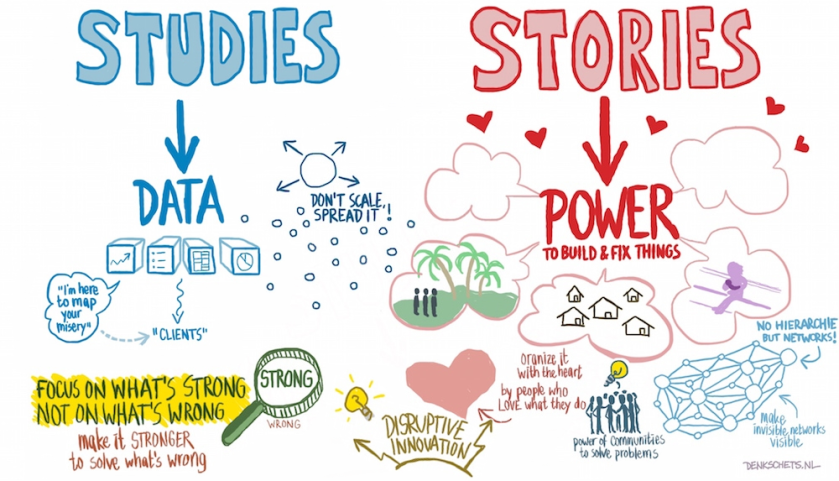
Today we were visited by our project evaluator Shira Hassan to begin to evaluate the data we collected from a recent survey we distributed with Brown In Chicago fellows, parents, and community members. Our Brown In Chicago project methodology will follow a participatory action research model, (PAR) which is an approach to conduct research in communities that emphasizes participation and action. The reason we are using this method is to take research back into our own hands!
The goals for PAR are to:
- Ask a question?
- Gather information
- Analyze our data
- And take action!
This research method is often dismissed within institutionalized spaces because the process isn’t deemed academic enough compared to research that is empirically complied. An example how PAR is a suitable research method is explored by the Young Women’s Empowerment Project. YWEP, was based in Chicago to better address the needs and support young people of color who have current or former experience in the sex trade and street economies. There is a great need for a space that is safe and judgement-free for young folks trying their best to survive off economies that are highly stigmatized.
Our local and federal governments don’t address the roots of what sustains poverty and then wonder why young people are turning to sex and street work and continue to stigmatized and incarcerate them. Instead, we need comprehensive and accessible resources to keep sex workers safe. The only way to “vouch” for those needs is to conduct research to show to funders and stakeholders in a language they understand which are outcomes and expenses. Many non-for-profits and member based social justice organizing projects utilize grants to sustain their projects, much like Brown In Chicago, and need to a method to still capture the essence of our project and not to compromise our goals and values just for data and numerical outcomes.
Data is only important from what we ascribe meaning to it, we use our data to lead us to answers and evaluate:
- Youth experiences
- Translate the project experience to inform others the importance of ethnic studies for CPS schools
Our goals are to:
- Look at data and examine what is the impact of knowing our own history?
- What to do with this research?
- Observe and document the project’s ripple effects.
Academia, tells us what to think and associate meaning to our data. The difference in this project is that WE associate the meaning to our data because OUR experiences informs this. We had a chance to look at a series of questions and answers we collected data that addressed the following:
- To teach dynamics of power within schools (racism, classism, sexism, etc)
- To teach about U.S Latin American policies and migration within the last 100 years
- Integrate ethnic studies elements in school before entering the college level
Challenging Whiteness - To have students walk away feeling more confident in their studies
- More field trips to cultural centers
- Connecting real life events/local Chicago history in school curriculum
- Centering and putting people back into histories and stories that often leaves them out
- Understanding that the arts much as music tells us stories we often ignore
Our action steps are:
- To continue to explore how PAR impacts Brown In Chicago?
- To examine how ethnic studies schools/curriculum currently operate?
- Address the social and cultural disconnect from assimilated migrant families within our communities that reject the need for ethnic studies schools/curriculum because “we made it, we don’t need to learn about this anymore.”
- Question the intent to move towards a more Restorative Justice approach to heal and organize? (Because what we are doing now is and hasn’t been working)

